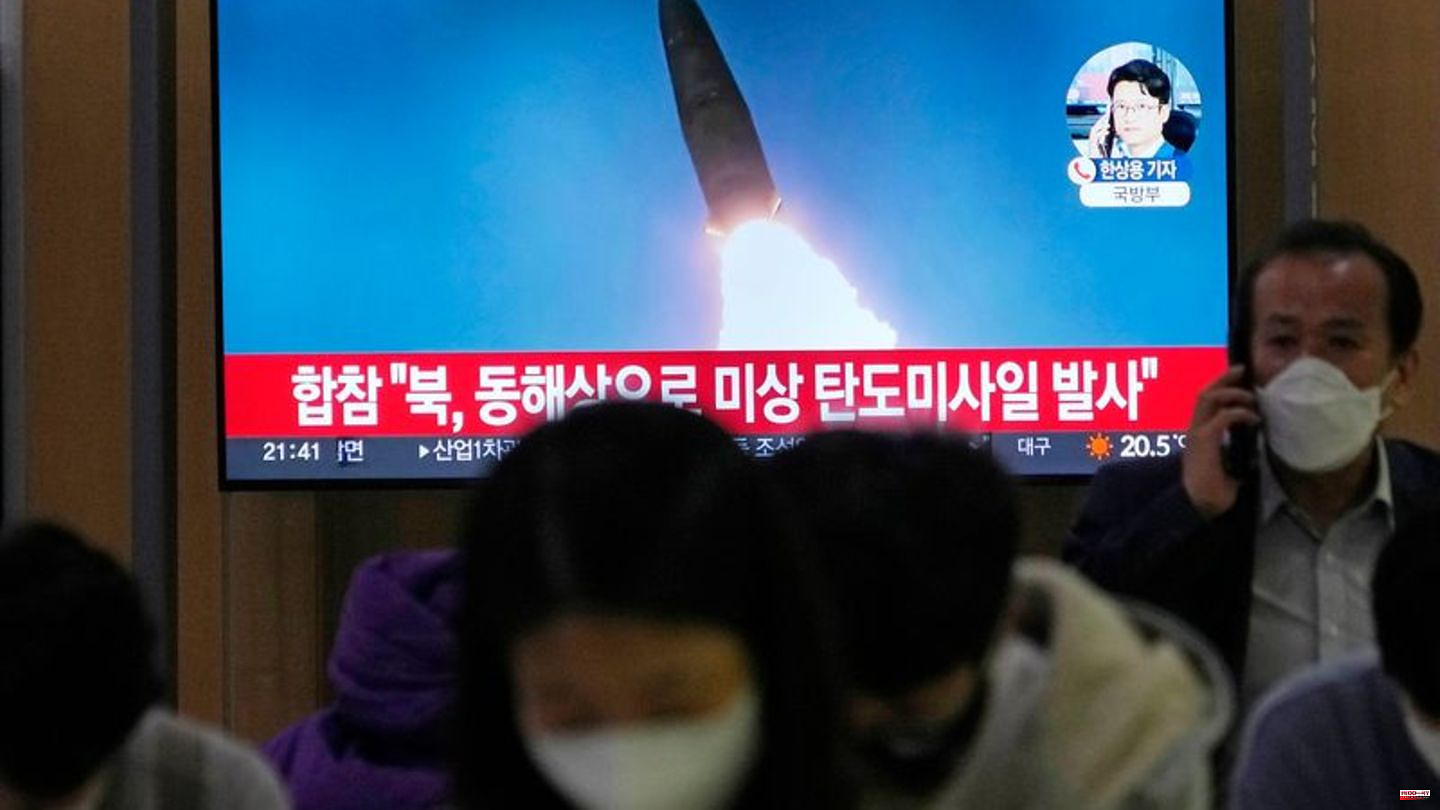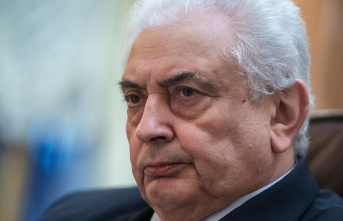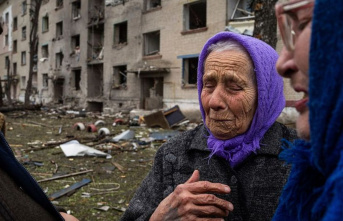Just hours after US Vice President Kamala Harris left South Korea, North Korea has again conducted a test with two ballistic missiles. According to the South Korean military on Thursday, the missiles flew towards the Sea of Japan (Korean: East Sea), South Korea's Yonhap news agency reported.
The most recent missile test by North Korea came shortly after the naval exercises by South Korean and US forces that ended on Thursday, in which the aircraft carrier USS Ronald Reagan also took part. North Korea feels provoked by the United States' joint military exercises with its ally South Korea.
Overall, it was the third missile launch this week, with North Korea firing two short-range missiles on Wednesday evening. The country is also reportedly preparing to launch a submarine ballistic missile and possibly its first nuclear test since 2017. Tensions in the region have increased significantly this year after several missile tests by North Korea. The dispute over North Korea's nuclear program is one of the most dangerous conflicts in the world.
missile tests condemned
On Thursday, US Vice President Kamala Harris condemned North Korea's recent missile tests at a joint meeting with South Korean President Yoon Suk Yeol in Seoul. The White House said on Thursday that both politicians had discussed how to react to future provocations by North Korea.
During her visit to the inner-Korean border, the US Democrat also described North Korea in unusually clear terms as a "brutal dictatorship with rampant human rights violations and an illegal weapons program that threatens peace and stability".
UN resolutions prohibit North Korea from testing any type of ballistic missile, which, depending on the design, can also carry one or more nuclear warheads. These are usually surface-to-surface missiles.
North Korea's parliament passed a law on state nuclear policy earlier this month. Among other things, this provides for the use of nuclear weapons not only in the event of an attack by enemy forces, but also in the event of an impending attack on the leadership in Pyongyang. The country is subject to tough international sanctions because of its nuclear weapons program.












